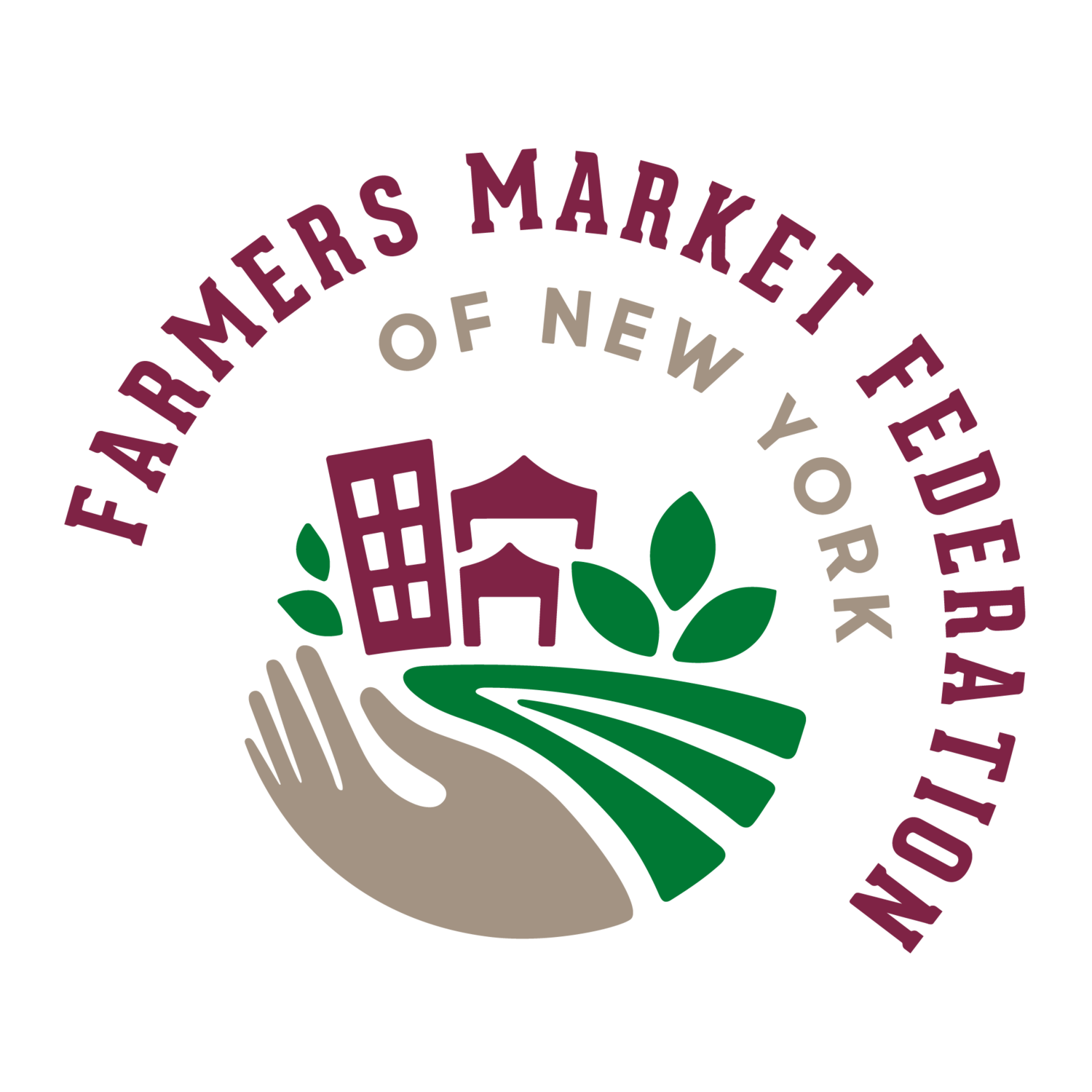SARE Consumer Survey
Farmers across the Northeast reported marked decreases in consumer participation at farmers markets and reduced sales. 94 out of 215 farmers and market managers responding to a recent survey indicated sales were down anywhere from 20% to 70% over peak market sales.
When asked what they attribute the decreases to, the top 4 responses were:
The over-proliferation of markets cannibalizing one another
Too many options for purchasing local food that offer more convenience
Inadequate advertising and promotions for the markets
Lack of understanding of consumer needs and desires
In New York, farmers and market managers expressed grave concern about the future viability of farmers markets unless action is taken to reverse this downward trend. Farmers Market industry leaders in partner states have corroborated this concern.
As a result, the Farmers Market Federation of NY, in partnership with Cornell Cooperative Extension of Broome County, NOFA-VT, CISA, Maryland Farmers Market Association, and Maryland Cooperative Extension conducted a multi-state consumer survey. The goal was to learn what consumers are looking for in venues to shop for local food, and particularly their opinions of shopping at farmers markets. The results were to be used to create a toolkit to assist farmers markets and farmers to adjust their marketing strategies, business plans and sales strategies to be more successful with current consumer trends.
Cornell University’s Charles H Dyson School of Applied Economics and Management analyzed the consumer survey results.
You can read the report here.
Further, the project team utilized the results of the consumer survey and created a toolkit with multiple ideas and suggestions in response to consumer opinions and needs for shopping for local food. To access the toolkit, we ask that you register first. This provides us your contact information to allow for follow up on how you used the toolkit, whether to upgrade your market programs and services, adjust your farm business accordingly, or as a farm service provider using the materials to assist those you work with, either as a training or direct one-on-one assistance.



